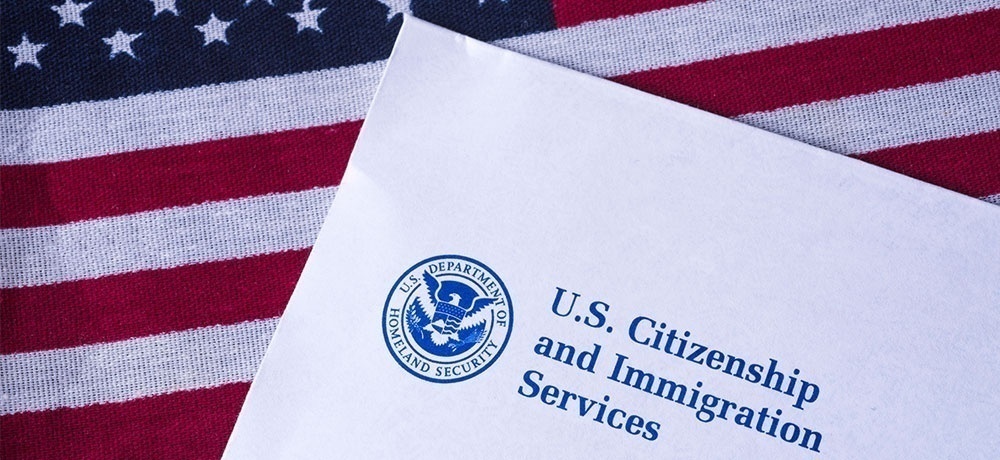
U.S. Congress Passes Law to Allow the USCIS to Expand Premium Processing Service and Increase Fees
Categories: Attorneys , Business Immigration , Business Law , Citizenship , Citizenship Green Cards , Commercial Litigation , Commercial Transactions , Corporate Law , Green Cards , Immigration Law , International Law , Investment Visas , Law Firm , Lawyers , Legal Services , Real Estate , Software Agreements , Technology Law , Trusts And Estates
Pasricha & Patel
As part of the U.S. Senate’s continuing resolution bill that funds the U.S. federal government until December 11, 2020, Congress has included some interesting and impactful changes to the USCIS premium processing service that will expand the premium processing option to more visa categories, and allow the USCIS to set higher premium processing fees in order to help bridge the gap in the USCIS’s budgetary shortfall.
For example, Congress proposes to allow the USCIS to make available premium processing services to the following categories:
- Employment-based non-immigrant petitions and related applications fordependents.
This means that Form I-539 applications can enjoy the benefits of premium processing too.
- Not only that, this also means that nonimmigrants (B-1 and B-2 visitors, for example) can expect to enjoy premium processing service too.
- EB-1, EB-2,and EB-3 visa preference categories.
This is significant because this means that the EB-1C managers and executives will also be able to enjoy premium processing benefit. They have not been able to do so up to this point.
This can also mean that EB-2 national interest waiver applicants can enjoy premium processing service too.
- Form I-765 employment authorization document (EAD) applications mayrequest premium processing.
Do note that USCIS will be allowed to increase its premium processing fee from the current level of $1,440.00 all the way up to $2,500.00 (note: there will be some exceptions. For example, the R-1 religious worker premium processing fee will remain at $1,440.00).
And for the expanded/new categories for premium processing service, the fees have to be set by regulation.
Equally important, the premium processing fee may also be adjusted by the USCIS every 2 years and based on changes to the Consumer Price Index.
Congress also set the requirement that the USCIS may suspend premium processing service only if the circumstances prevent the completion of processing of a significant number of such requests within the required period (i.e. the primary example that comes to mind would be the annual H-1B quota filings).
To be clear, while Congress has given the USCIS the expanded authority to increase the premium processing service, but it will still be up to the USCIS to come up with the necessary procedures to implement this plan. It is not clear when the expanded premium processing service will be introduced, and it is also not clear is the USCIS will allow premium processing for all these new categories, or whether they will do so step-by-step.
Because this is a fast-changing situation, we do recommend readers to continue to check back with our site for the latest developments. Should you have any questions about this subject or if you have specific questions about immigration, we encourage you to contact our office to schedule consultation and we would be more than happy to assist you further.